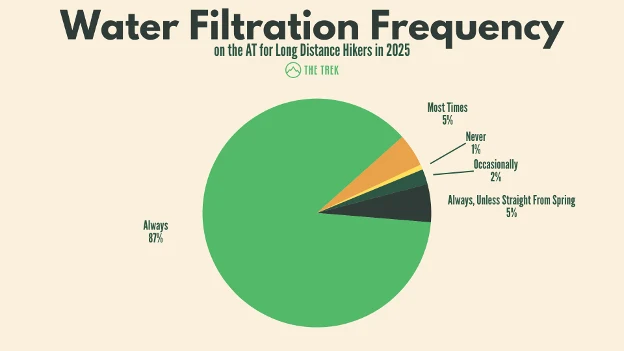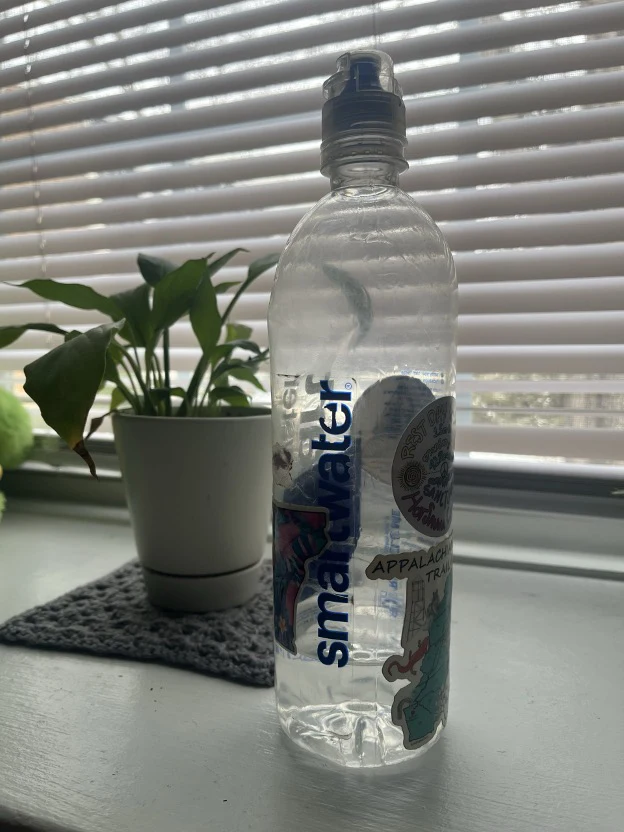How to fend off bugs — naturally from MultiBrief
How to fend off bugs — naturally from MultiBrief

How to fend off bugs — naturally from MultiBrief
YouTube video highlight
We’ll be outdoors a whole lot more, and we’ll be joined by a variety of biting or otherwise irritating bugs.
Read more about the projectHow to fend off bugs — naturally
Summer has returned — and for most of us that means two things for certain: we’ll be outdoors a whole lot more, and we’ll be joined by a variety of biting or otherwise irritating bugs.
Now, more than ever, we need to protect ourselves from insect bites. Flies, mosquitoes, ticks, fleas, chiggers and other blood-sucking critters are becoming much more than just a nuisance. They can transmit serious diseases, ranging from Rocky Mountain spotted fever and chikungunya to malaria, yellow fever, dengue and the Zika virus.
Since it was developed by the U.S. military in the 1940s, a synthetic repellent — N,N-Diethyl-meta-toluamide, or DEET — has served as the primary ingredient for keeping bugs at bay. Some people, however, can’t use DEET at its most effective and longest lasting strength without negative consequences, especially skin rashes, nausea and eye irritation. DEET also can damage certain plastics and synthetic fabrics and it is toxic to various aquatic ecosystems.
Fortunately, there’s an array of reasonably effective alternates, mostly natural oils and plant extracts that are nontoxic. We looked into the science of fending off bugs to review whether, and to what extent, the most popular alternatives to DEET can do the job. Here’s what we found.
See the full article from Dave G. Houser on MultiBrief's website here.
How to fend off bugs — naturally from MultiBrief


How to fend off bugs — naturally
Summer has returned — and for most of us that means two things for certain: we’ll be outdoors a whole lot more, and we’ll be joined by a variety of biting or otherwise irritating bugs.
Now, more than ever, we need to protect ourselves from insect bites. Flies, mosquitoes, ticks, fleas, chiggers and other blood-sucking critters are becoming much more than just a nuisance. They can transmit serious diseases, ranging from Rocky Mountain spotted fever and chikungunya to malaria, yellow fever, dengue and the Zika virus.
Since it was developed by the U.S. military in the 1940s, a synthetic repellent — N,N-Diethyl-meta-toluamide, or DEET — has served as the primary ingredient for keeping bugs at bay. Some people, however, can’t use DEET at its most effective and longest lasting strength without negative consequences, especially skin rashes, nausea and eye irritation. DEET also can damage certain plastics and synthetic fabrics and it is toxic to various aquatic ecosystems.
Fortunately, there’s an array of reasonably effective alternates, mostly natural oils and plant extracts that are nontoxic. We looked into the science of fending off bugs to review whether, and to what extent, the most popular alternatives to DEET can do the job. Here’s what we found.
See the full article from Dave G. Houser on MultiBrief's website here.
How to fend off bugs — naturally from MultiBrief


How to fend off bugs — naturally
Summer has returned — and for most of us that means two things for certain: we’ll be outdoors a whole lot more, and we’ll be joined by a variety of biting or otherwise irritating bugs.
Now, more than ever, we need to protect ourselves from insect bites. Flies, mosquitoes, ticks, fleas, chiggers and other blood-sucking critters are becoming much more than just a nuisance. They can transmit serious diseases, ranging from Rocky Mountain spotted fever and chikungunya to malaria, yellow fever, dengue and the Zika virus.
Since it was developed by the U.S. military in the 1940s, a synthetic repellent — N,N-Diethyl-meta-toluamide, or DEET — has served as the primary ingredient for keeping bugs at bay. Some people, however, can’t use DEET at its most effective and longest lasting strength without negative consequences, especially skin rashes, nausea and eye irritation. DEET also can damage certain plastics and synthetic fabrics and it is toxic to various aquatic ecosystems.
Fortunately, there’s an array of reasonably effective alternates, mostly natural oils and plant extracts that are nontoxic. We looked into the science of fending off bugs to review whether, and to what extent, the most popular alternatives to DEET can do the job. Here’s what we found.
See the full article from Dave G. Houser on MultiBrief's website here.

























































































































